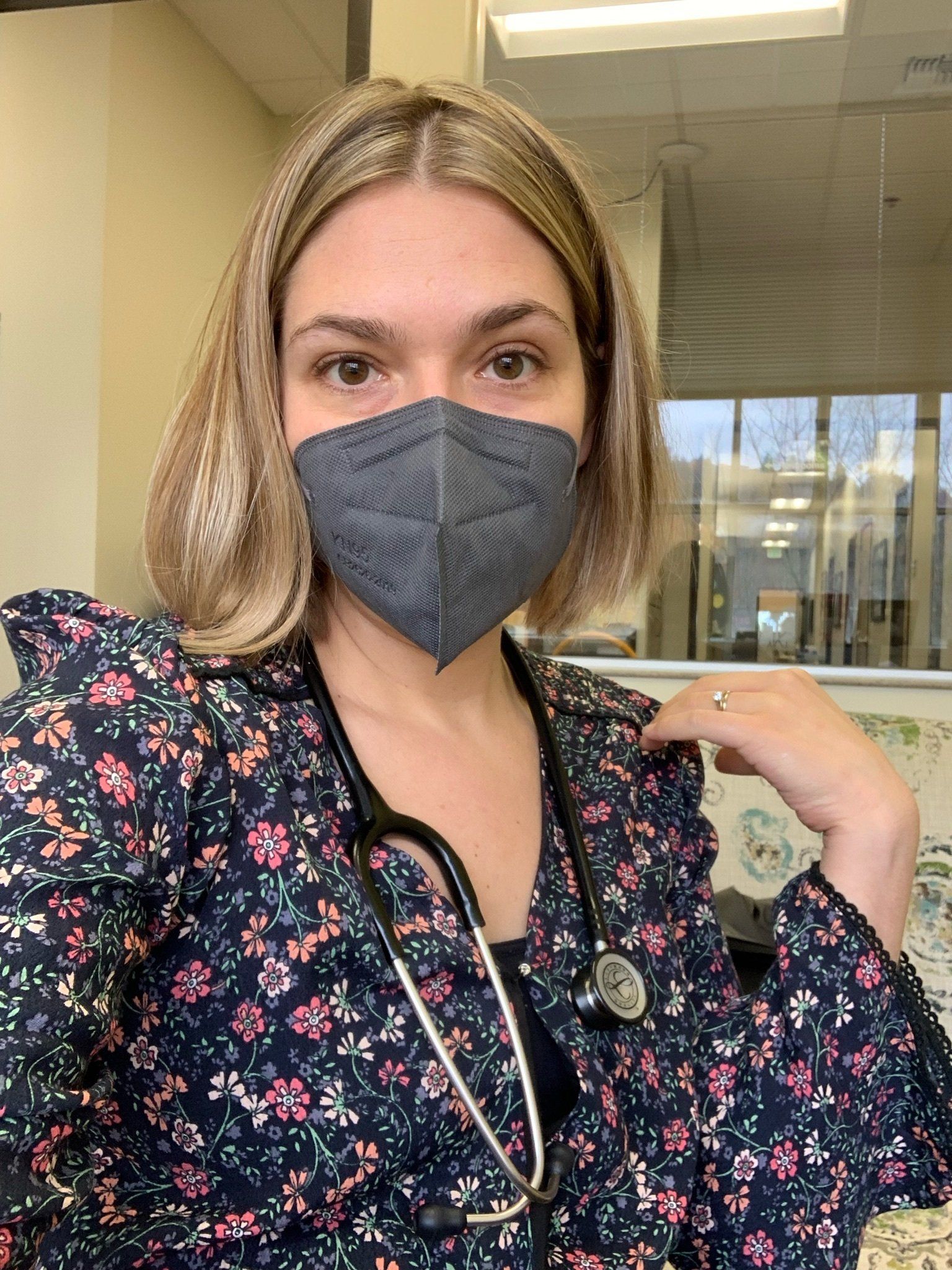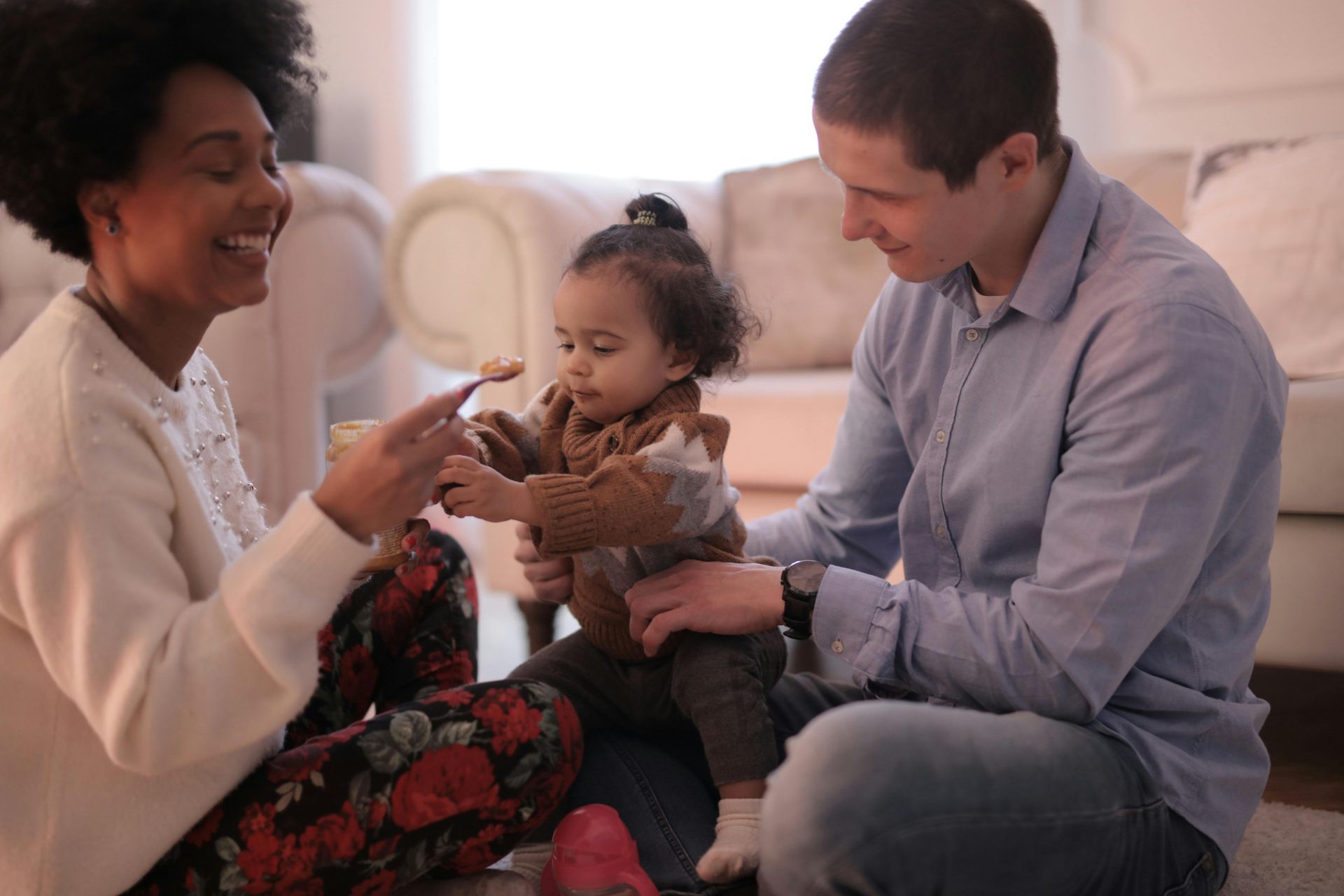Last month I attended a work event for fellow pediatricians and at the end of the evening, I needed to walk back to my car. It was dark and in a neighborhood I wasn’t comfortable in, so I asked one of my male colleagues to walk me to escort me.
I dreaded doing it. And I couldn’t stop thinking about it for weeks afterwards.
What’s the big deal? Why had this less than two minute interaction consumed my thoughts?
As working women, we’re constantly in the fight of our lives to be seen as equals among our male counterparts. Working moms have to fight even harder as we ask for flexibility around kid drop off and pickup times, doctor appointments, and field trips.
There’s always that thought in the back of our minds. Am I doing enough? Will my boss hold it against me that I had to leave early again? Are they going to make the big decisions without me?
So we never want to do anything intentionally to make that gap even wider.
When I had to ask for a male colleague to help me stay safe, I felt small.
I felt inferior.
Weak.
However, the more and more I thought about it, I realized something: that was on me. That was my perception and self-doubt coming into play.
I am a badass doctor who happens to be a badass woman. And asking for help doesn’t change that fact.
I preach delegating and automating to working moms all day long. I teach that the things that we simply aren’t good at or wired for, those are the things we should ask for help with.
Fact: men are biologically designed to be stronger than women.
Fact: women are MUCH more likely to be attacked when they are by themselves.
If I had decided that I didn’t want to appear “weak” in the eyes of my colleagues because I didn’t want to ask for help and I purposely put myself in a dangerous situation, not only would that be unwise, it’s really just prideful.

It’s pride talking to put my status at work above my own personal safety.
And really, my status at work was never in question.
It feels very much the same when we, as women, have to fight for something as simple as paid maternity leave. We birthed a human. From our BODIES.
And still have to beg and plead and march so those that decide these things even understand that this is a real issue. And every time we have to raise our hands to say, “Please, sir, could we have some more?”, we’re told we need to just figure it out ourselves.
That we’re being too high maintenance.
That we’re asking too much.
Asking for help doesn’t make you weak as a doctor or engineer or graphic designer. Asking for help doesn’t say ANYTHING about who you are as a person or how amazing you are at your job.
Own it.
Own the fact that you are who you are. Own the fact that you’re REALLY good at what you do. Own the fact that there are simply things that people are better at or are more predisposed to be better at (if there weren’t, we wouldn't feel the need to ask men we trust to walk us to our cars, would we?)
And making that ask doesn’t take any of that away. In fact, it shows just how confident in yourself you really are. You won’t bow to office politics. You won’t settle for being on the outside. You’re you, damnit. And no one is taking that from you.












